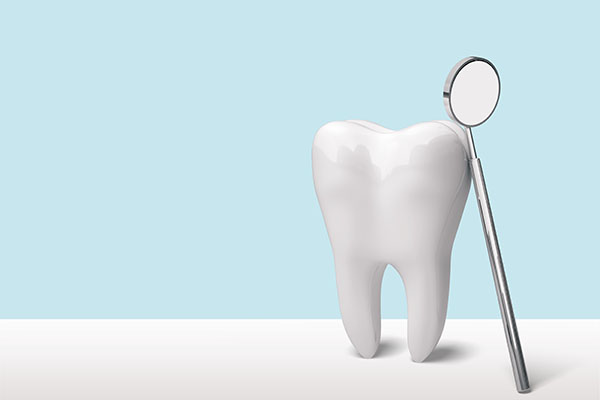 Veneers are artificial shells placed over natural teeth to conceal damage, such as discoloration or chips. Patients often invest in this type of dental restoration to create whole, even smiles that foster self-confidence. When considering any treatments to improve a smile, many patients want solutions that last. For many patients, veneers can offer a long-lasting solution. With proper care, replacements may not be needed for years to come.
Veneers are artificial shells placed over natural teeth to conceal damage, such as discoloration or chips. Patients often invest in this type of dental restoration to create whole, even smiles that foster self-confidence. When considering any treatments to improve a smile, many patients want solutions that last. For many patients, veneers can offer a long-lasting solution. With proper care, replacements may not be needed for years to come.
Maintenace affects longevity
No one wants to make frequent visits to the dental office for repairs to previous restorations. Fortunately, one advantage to veneers is durability and longevity. When made of porcelain, these tough, artificial coverings can last 10 years, with some surviving even longer thanks to good oral hygiene practices. When patients do eventually need new shells, the replacement process is relatively simple and quick, creating an overall easy dental experience. Here are some tips on maintenance that can increase resilience.
Proper oral hygiene
Oral hygiene is important for natural teeth, gums, and any artificial restorations. By brushing twice per day, patients decrease their chances of getting gum disease and destroying veneers. Flossing at least once a day makes those odds even better, and patients do not need to worry about damaging the shells by executing these daily routines. Mouthwash can also help eliminate bacteria that may get beneath the shells and start to deteriorate a patient’s natural teeth.
Damaging foods
Once permanent veneers have been bonded to a patient’s teeth, certain foods are good to avoid to prevent accidental damage. While porcelain is stain resistant, some discoloration may happen with consuming dark and red liquids, so patients should consider reducing the amount of coffee, red wine, black tea, dark sodas, and tomato-based sauces in diets. Eating hard or crunchy foods can risk breaking or chipping restorations. Alcohol consumption should be decreased as alcohol can cause separation of the shells from the teeth by impacting the adhesives used to bond one to the other.
Materials can make a difference
When it comes to durability, the material used also matters. There are advantages and disadvantages to the two main materials used to create shells — composite resin and porcelain — but the decision on which to get depends on individual needs. Here is how the material can affect the longevity of restorations.
Composite resin
Composite restorations have been shown to last approximately five years, with some exceptions surviving a few years more. This material is more susceptible to damage than porcelain, but it is quicker and easy to apply. Composite shells can be made in the office during the same visit that a patient is prepared for treatment.
Porcelain
The more popular choice, porcelain is the decade-lasting material. It looks more realistic and natural than composite and is incredibly sturdy, making it harder to break. However, porcelain takes two separate visits to apply and is permanent, meaning a patient cannot decide to have the process reversed in the future.
Conclusion
Veneers are a great choice for patients with minor tooth damage. If you are thinking about treatment, talk to a dentist to discover the right material for a new smile.
Request an appointment or call Dental Studio Colleyville at 817-885-5188 for an appointment in our Colleyville office.
Recent Posts
Dental laminate treatments offer a minimally invasive solution for patients looking to enhance their smiles. Both dental laminates and veneers improve the appearance of teeth by covering imperfections such as discoloration, chips, and minor misalignments. While these treatments serve a similar purpose, their differences impact durability, preparation, and overall aesthetic outcomes. Understanding these distinctions can…
Veneers are artificial tooth coverings made of porcelain or resin that can improve a patient’s smile. Only fixed to the surface of the patient’s natural teeth, these dental appliances can be used to repair a majority of aesthetic issues, such as chips, stains, or cracks. Getting any dental treatment that mends problems with a smile…
Dental veneers are thin pieces of porcelain that are designed to mimic the appearance of natural teeth. To maximize their effectiveness, patients should learn how to care for them. These appliances are used to enhance the appearance of the smile by covering flaws, such as broken, discolored, chipped, or gapped teeth. With proper care, such…


